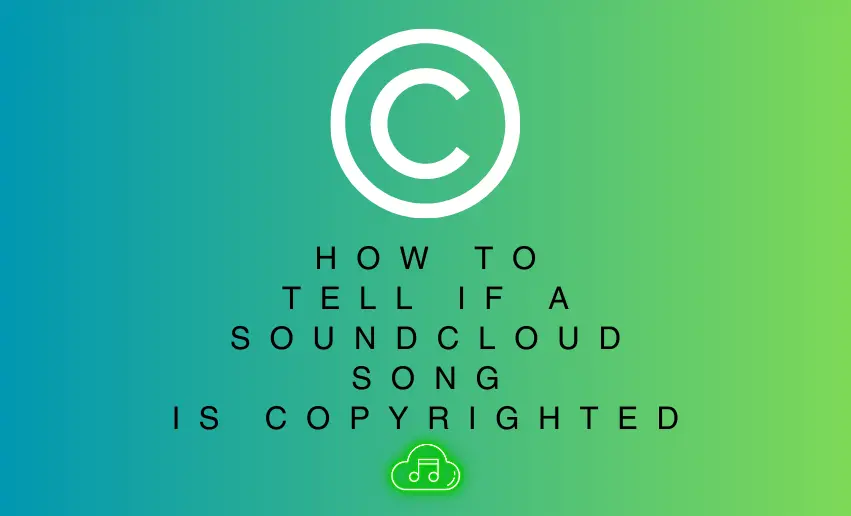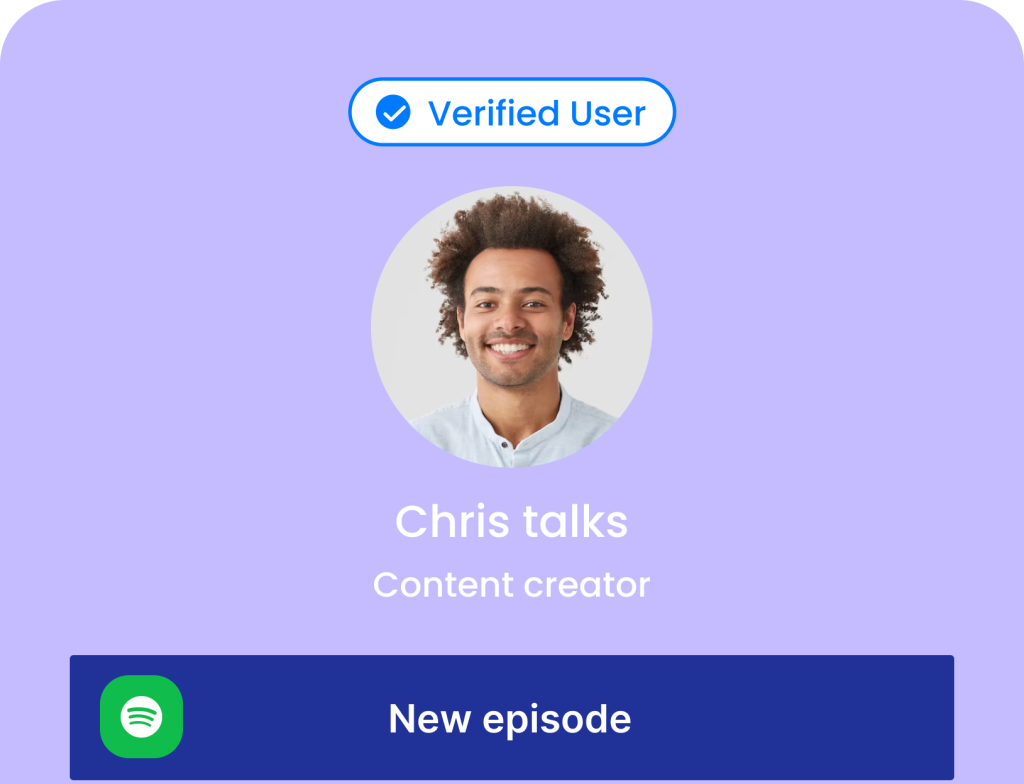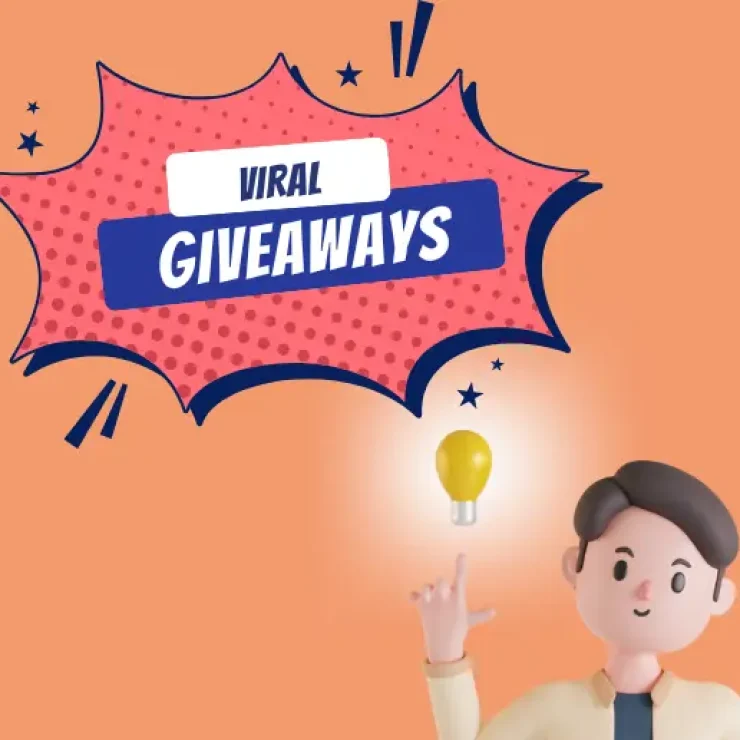Have you ever stumbled upon a fantastic SoundCloud track and thought about using it in your work, only to wonder if it’s copyrighted material? As content creators, we understand the struggle of finding the perfect track to complement our videos, podcasts, or social media posts.
In this post, we’ll guide you through the process of how to tell if a SoundCloud song is copyrighted, so you can use it with peace of mind. However, using copyrighted material without permission can lead to some severe consequences, such as legal action and takedown notices. We’re here to help you navigate the tricky waters of copyright law on SoundCloud.
Are songs on SoundCloud free to use?
As tempting as it may be to assume that all songs on SoundCloud are free to use, unfortunately, that’s not always the case. SoundCloud is a platform that allows artists to share their work with the world, but it doesn’t necessarily mean that all songs are free for the taking.
Copyright laws protect original creative works, such as music, and give the creators exclusive rights to control how their work is used and distributed. So, while some artists may choose to make their work available for free download or use, others may not. It’s essential to remember that using copyrighted material without permission can lead to legal consequences, regardless of where you find the material.
How to Tell if a Soundcloud Song Is Copyrighted
The definitive way to tell if a SoundCloud song is copyrighted is to search for the license status of the song by using the SoundCloud navigation panel. You can filter your song search by a Creative Commons license and then carefully review the individual terms the owner sets.
As a content creator, you want to ensure that your work is original and that you’re not accidentally infringing on someone else’s rights. Plus, it’s always a good idea to give credit where credit is due and support artists by obtaining the necessary permissions before using their work. To be extra safe, email the creators and ensure you’re giving credit where it’s due is always a good idea.
Types of Licenses on SoundCloud
Songs and music on SoundCloud can fall under several types of licenses. One such license is the Public Domain License, which protects the work and its artist for a certain period. Once the copyright for a song expires, it becomes part of the public domain and can be used without legal repercussions.
Another type of license is the Creative Commons (CC) license. Songs under a CC license are free to use as long as the creator is given credit. However, you should be aware of some variations of the CC license.
1. CC BY
The CC BY license requires you to credit the original artist, and it’s the only way you’ll be able to adapt, remix, build upon, and use the song in any format. The CC BY-SA license is similar but means that adaptations (SA) have to be shared under the same terms as the CC BY license.
2. CC BY-NC
Songs under the CC BY-NC license cannot be used for commercial purposes, but you still need to give credit to the artist if you’re using it for non-commercial purposes. The CC BY-NC-SA license is similar, but adaptations must be licensed under the same terms.
3. CC BY-ND and CC BY-NC-ND
If you come across a song under the CC BY-ND license, you cannot modify it in any way, and you still need to give credit to the artist if you use it. Finally, songs under the CC BY-NC-ND license must be credited, cannot be used for commercial purposes, and cannot be modified or adapted.
Note: You can learn more about Creative Commons License by watching this video.
How To Find Royalty-Free Music On Soundcloud
Looking for royalty-free music on SoundCloud can be tricky, but with the right search methods, you can find audio that you can legally use. Here are some tips to help you find genuinely royalty-free content on SoundCloud.
1. Search for “Royalty-Free”
SoundCloud’s search filters may not be very advanced, but they can easily search by category. To start your search, enter your desired search term and choose one of the five categories available: Everything, SoundCloud Go+ tracks, Tracks, People, Albums, or Playlists.
No matter what category you choose, include “royalty-free” in your search terms to increase your chances of finding truly royalty-free music. Remember that royalty-free music could still be available that isn’t labeled as such.
2. Filter for CC Licensed Music
If you want to filter your search results by license, click on the “Tracks” category in your search results. This will reveal a sub-menu called “Filter results” that includes a sub-menu with a copyright symbol next to it. Click on this sub-menu to access the different license permissions available.
Can I use 30 seconds of a copyrighted SoundCloud song?
Using 30 seconds of a copyrighted SoundCloud song may still be copyright infringement. The duration of the use does not determine whether or not it violates copyright law.
The copyright owner has the exclusive right to control the use of their work, including reproduction, distribution, and public performance. Even a small portion of a song may be considered significant enough to be protected under copyright law.
There are limited circumstances where the use of copyrighted material, including music, may be allowed without permission under the doctrine of “fair use.” However, determining fair use is highly fact-specific and requires a case-by-case analysis.
Fair use is more likely to apply to transformative uses, such as commentary, criticism, or parody. It uses that do not compete with the original work or harm the market for the original work.
Can SoundCloud block my use of content created by me?
Sometimes, SoundCloud can block a track you upload because it matches the content you created. This can be a frustrating experience, but it’s common for artists who are signed to a label and distributed by a digital distributor.
To get out of this fix, you just need to provide SoundCloud with confirmation of your digital distribution rights from your distributor, and they can reinstate your blocked content. Simply file a dispute and provide SoundCloud with as much detail as possible about your issue. They’ll work with you to get everything sorted out and get your content back up and running quickly.
Can you use SoundCloud music on YouTube?
Using SoundCloud music on YouTube can be a bit tricky because it depends on the copyright status of the music in question. If the music is copyrighted and the copyright holder has not permitted it to be used on YouTube, you cannot use it without running the risk of having your video taken down or facing legal action. However, if the music is available under a Creative Commons license or in the public domain, it can be used on YouTube with proper attribution.
Can you use SoundCloud music commercially?
Using SoundCloud music commercially requires obtaining the proper licenses or permissions from the copyright holder. Simply uploading a SoundCloud track to a commercial project without proper clearance violates copyright law and can result in legal action.
However, some SoundCloud artists offer their music under Creative Commons licenses or provide explicit permission for commercial use, which can be a viable option for businesses and content creators. It’s important to carefully read the terms and conditions of each track to ensure that you have the necessary permissions before using SoundCloud music commercially.
Do I need to copyright my content on SoundCloud?
As per copyright law, once you create original content and make it public, it is automatically protected by copyright, whether you register it or not. So, technically, you don’t need to register your content on SoundCloud to have copyright protection. However, copyright registration can provide additional legal benefits, such as the ability to sue for damages and attorney’s fees. Therefore, it is recommended to register your copyright if you want to take legal action against someone who infringes your rights.
Conclusion
SoundCloud takes copyright issues seriously as a creator-driven platform and has implemented various tools and policies to protect artists and rights holders. Remember, always err on caution and seek permission or a license from the original creator or copyright holder whenever possible. If you cannot obtain permission or a license, finding alternative royalty-free or public-domain music is best.







